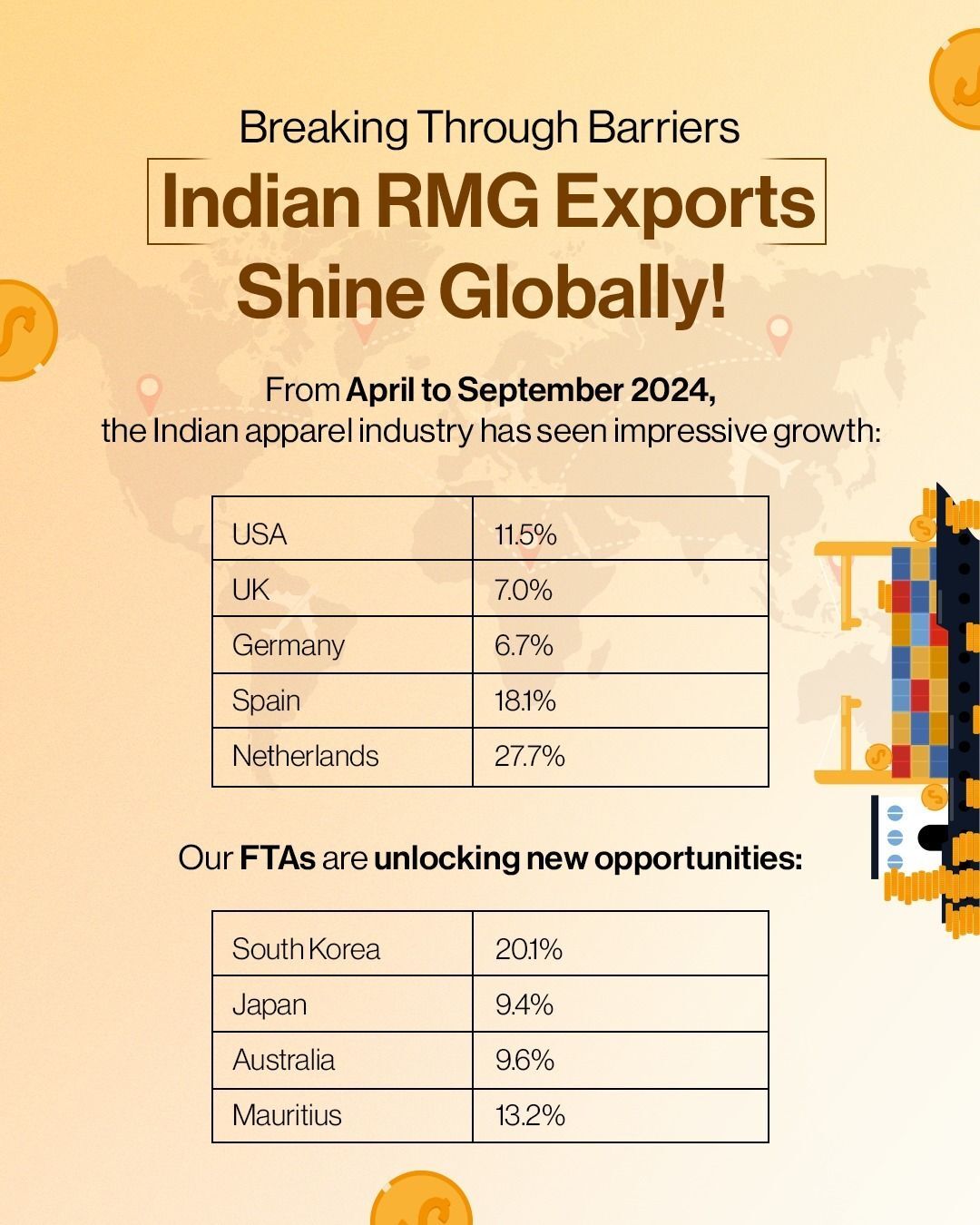The global fashion industry has a massive impact on the environment. This impact extends from the pesticides used to grow fibers such as cotton to the impact textile dyes has on water in countries where regulations tend to go unenforced. Since 2011, Greenpeace, has been approaching leading brands to eliminate hazardous chemicals from their supply chains. And yes, it did achieve some results. Seventy-six leading fashion houses made a commitment to the organization that they would detoxify their operations by the end of this decade.
In its third annual “Detox Catwalk,” the organization has lauded the companies that are changing their working ways while rattling the cages of companies it believes are doing nothing. So what are the comments of Greenpeace on this?
Inditex, (which operates the popular Zara chain), Benetton and H&M are the three companies that have sold Greenpeace their believable timelines and have promised strong action and hasten the execution of their plans. All the three companies have won plaudits for moving to eliminate toxins such as PFCs in making progress on their long-term “zero discharge” plans. According to Greenpeace, these three companies, which earn almost $50 billion in combined revenues, have backed up their promises with transparency and concrete plans.
However, several leading brands are apparently doing nothing, and according to the environmental organization, have failed to take responsibility. Among these companies are Armani, Bestseller, Diesel, Hermes and Versace that earn the equivalent of what Greenpeace would call an “F” grade in describing their efforts.












